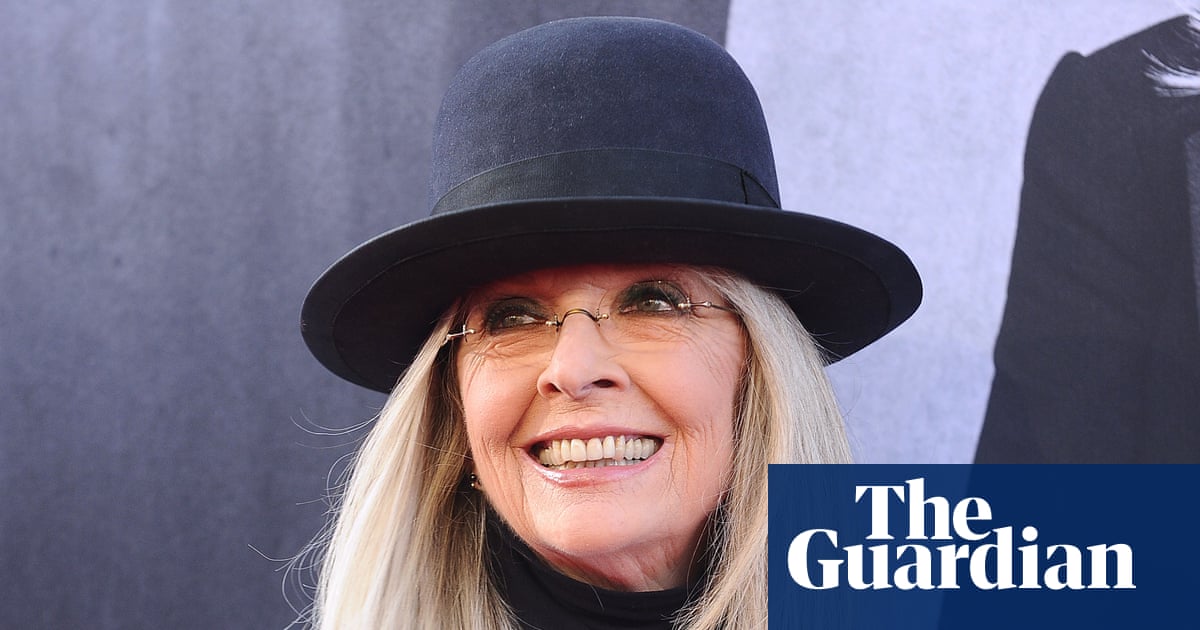Jim Jarmusch has made anthology films before: Mystery Train (1989), Night on Earth (1991), Coffee and Cigarettes (2003). In fact, he could claim to be the pre-eminent specialist in this now very unfashionable movie form. But with his new one, a deeply pleasing and gently quietist triptych on the subject of family, he is giving us something new and personal.
It’s the sense of mortality and the gathering cloud of darkness over our heads as we enter middle age, a perpetual nagging worry about the health and happiness of our elderly parents, with the guilt and sadness of not going to see them, or seeing them only rarely, and the related feeling of closeness – or perhaps the opposite – with your siblings for whom these parents are the number one topic of conversation. Then there’s the feeling of relief mixed with dissatisfaction and unease on the long car journey home.
The movie is divided into three (apparently) unrelated panels of drama, events taking place in parallel in three different parts of the world: rural US, Dublin and Paris, and with images and gestures that fortuitously echo each other. In the first, Mayim Bialik and Adam Driver play siblings Emily and Jeff, making the arduous trip out into the countryside to see their ageing dad, played by Tom Waits. His place seems chaotic and on the verge of poverty, an instant source of worry to them both, and Jeff also reproaches himself with having given his dad money over the years. And yet in the course of their awkward visit, they are disconcerted to notice what appears to be a genuine Rolex on the old guy’s wrist and there is evidence that their father is slyly faking his elderly disarray for opaque reasons of his own.
Meanwhile, in Dublin, Charlotte Rampling plays a characteristically self-possessed and self-assured woman who is welcoming her two grownup daughters for their annual visit for tea. She is entirely content to make these visits a rarity. They are the trendy Tim (Vicky Krieps) with pink hair, and the more staid and uptight Lilith, played, a little stagily, by Cate Blanchett, with glasses and sensible shoes.
And finally, in Paris, siblings Skye and Billy – non-identical twins, in fact – are played by Indya Moore and Luka Sabbat; their parents have just died, apparently piloting a light aircraft in the Azores, a deadpan-jokey demise that the actors carry off with complete real-world seriousness. They pay a final visit to their late mum and dad’s Paris apartment, and chat to the housekeeper, played by iconic French veteran Françoise Lebrun. And they make a trip out to a storage depot and gaze at their parents’ belongings, crammed into a lockup. This was the material of their parents’ lives, and Skye and Billy have already wonderingly gone through old photos and marriage and birth certificates. It all seems like evidence of something. But what?
The movie returns us to an age-old question: who are or were our parents? Did they have real existences before we were born that we will never understand? And are our own existences destined to be effaced and rendered irrelevant or taboo by our own children? For me, the first and third sections are the most naturalistically convincing as portraits of real life, the second is more theatrical, although the weird, slyly comic echoes of each other in each of the sections undermine or at least complicate this reality effect. You might sit through this film waiting for a crisis or a confrontation: some explosion of temper or passionate demand for honesty. None will arrive. Basically, there is a contentment and calm here, an acceptance and a Zen simplicity that is a cleansing of the moviegoing palate, or perhaps the fiction-consuming palate in general. It is a film to savour.
Source link


